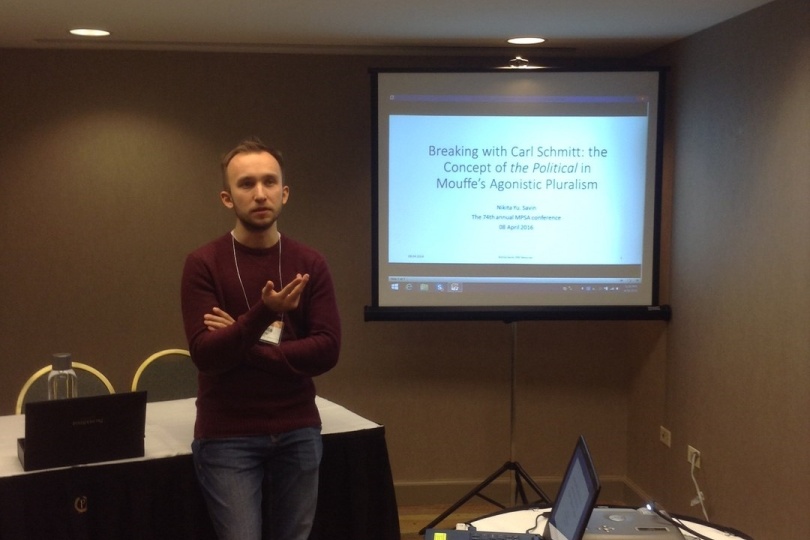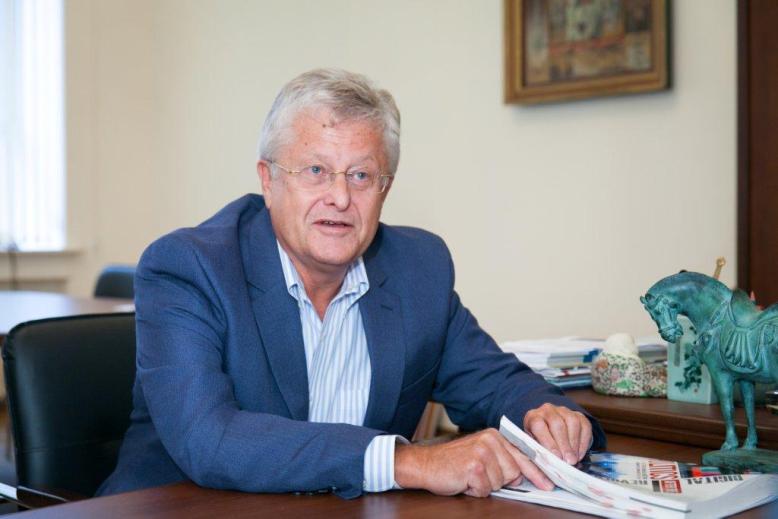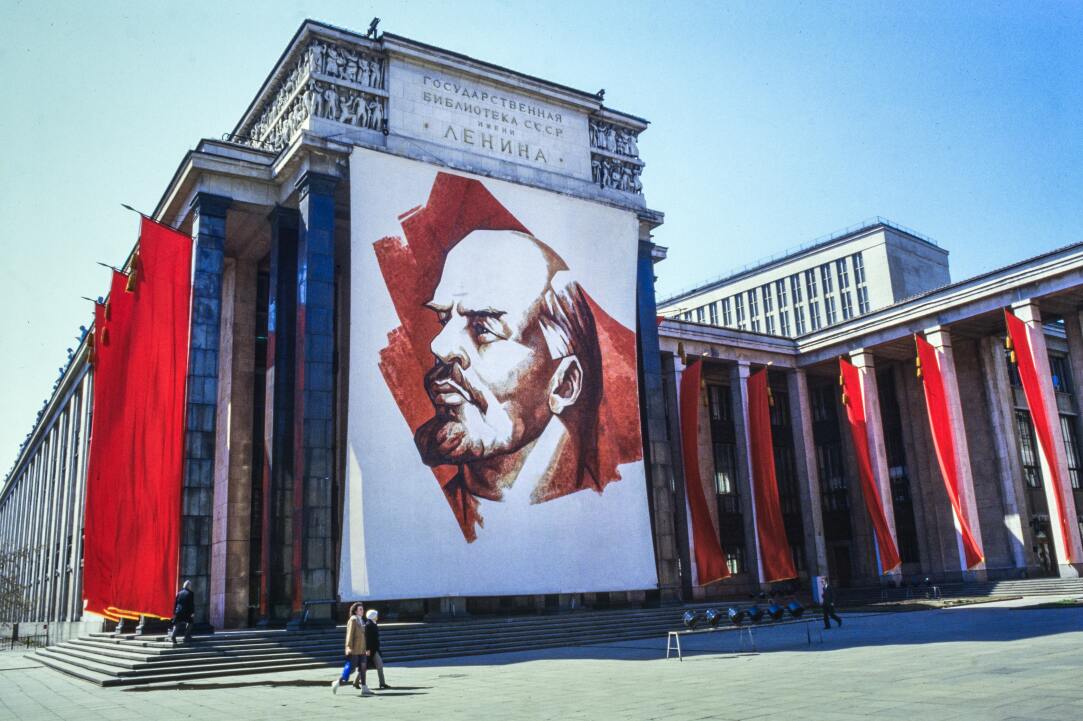
Tag "political science"

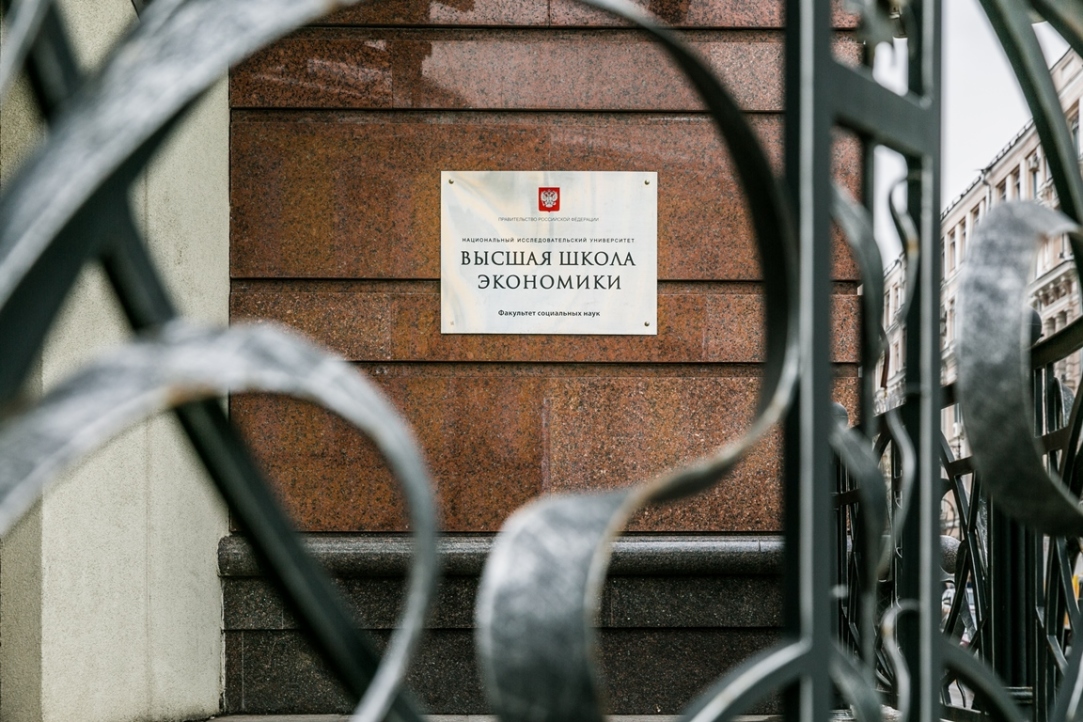
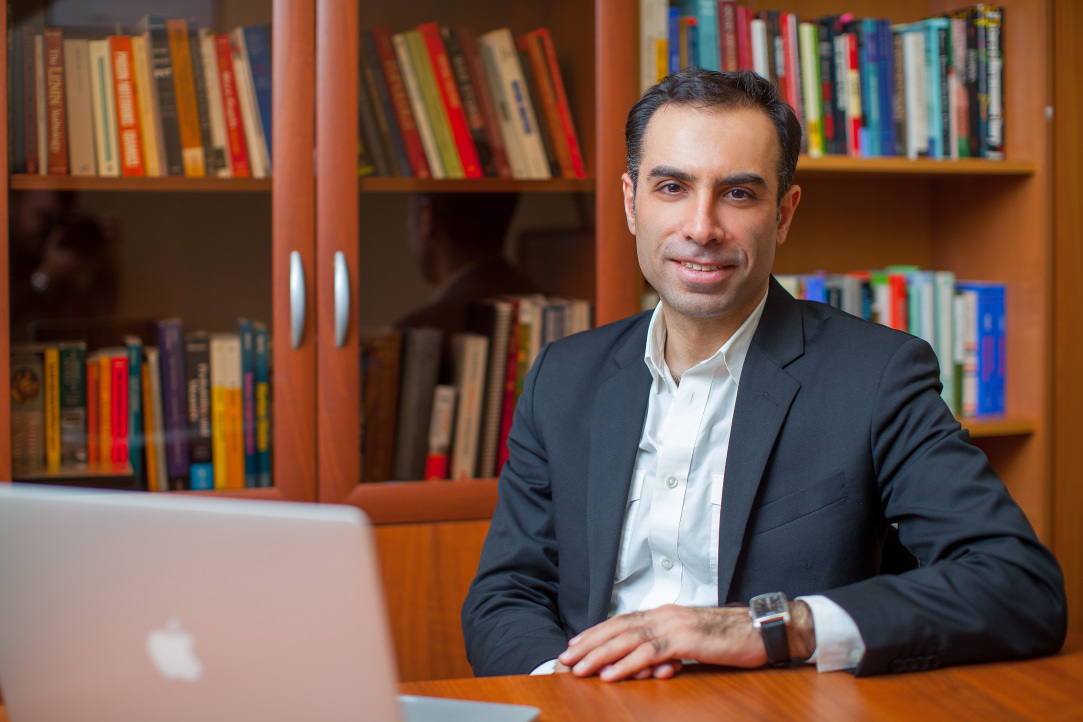
Professor Graeme Gill from University of Sydney has conducted the seminar on ‘Symbolic politics and social constructions of past’ at HSE Moscow. He presented the paper ‘Symbols and Post-Communism: an inherent ambiguity?’ and talked about how the transformation of communist regimes created an imperative for the development of a new system of symbols to legitimise the new status quo.
